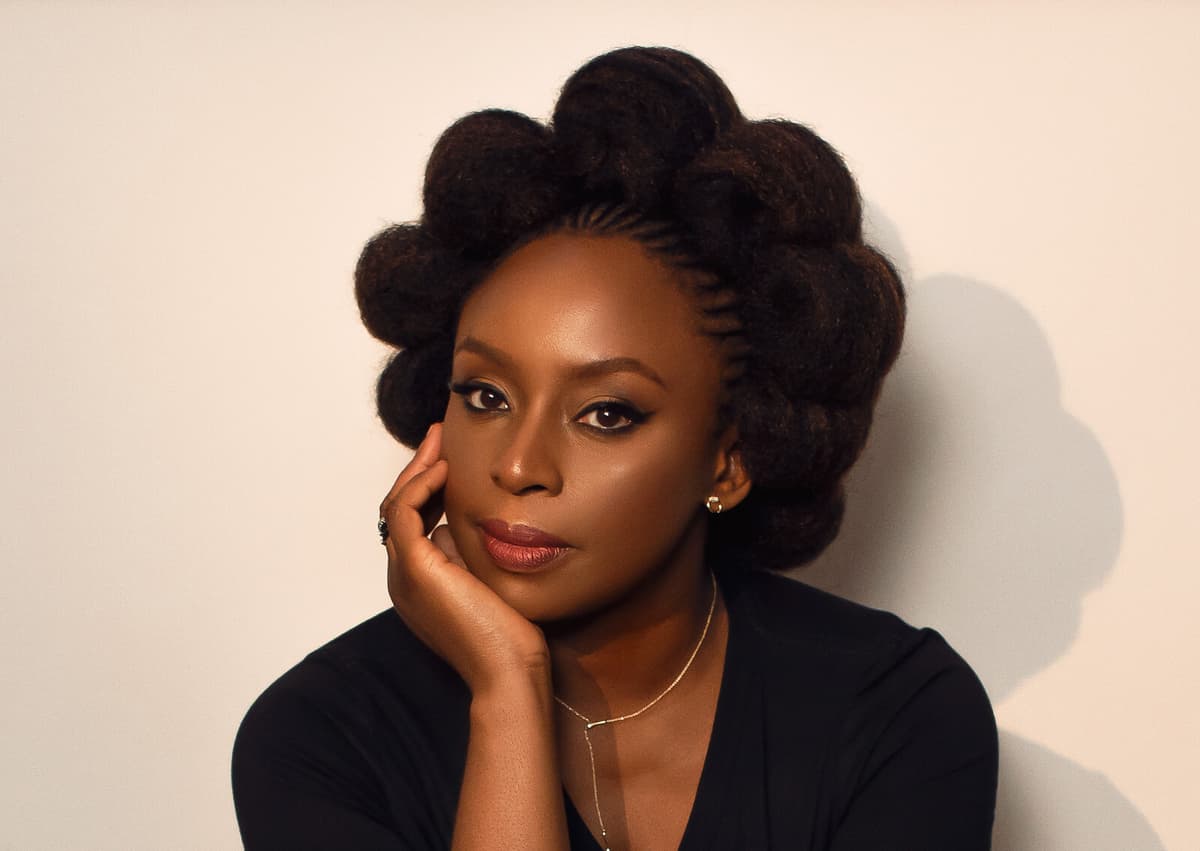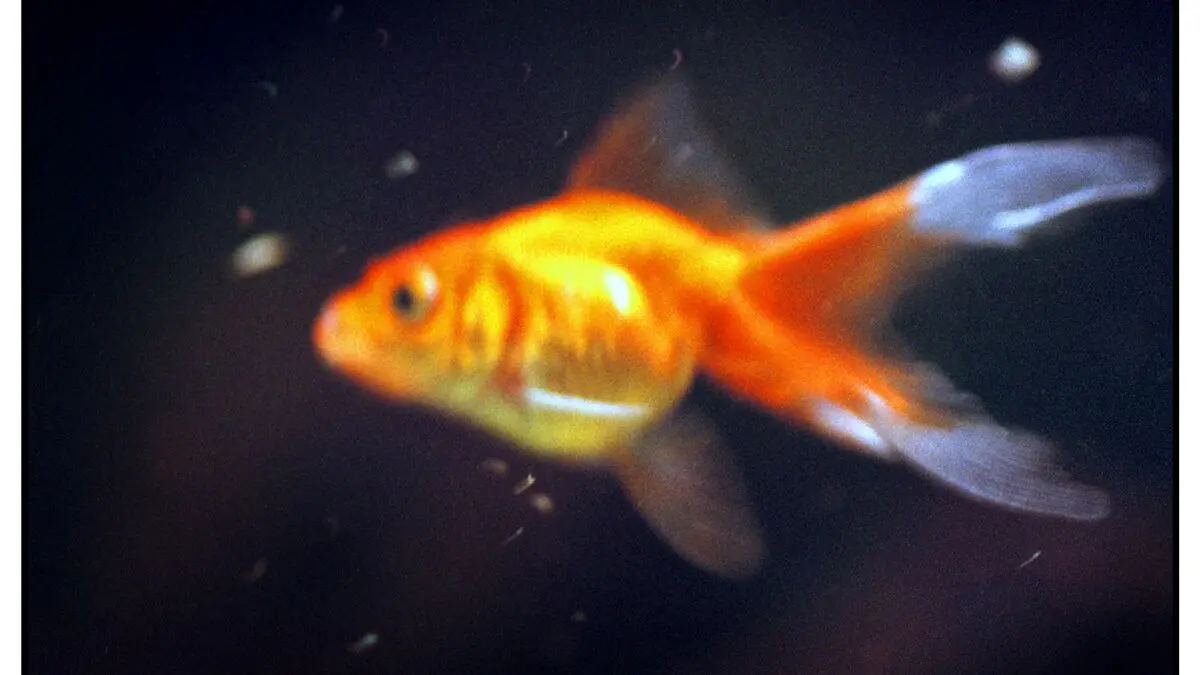“Father’s Back” by Niels Fredrik Dahl (January)
Norwegian Niels Fredrik Dahl waited a long time to write about his father. Last year, he received the Nordic Council Literature Prize for the novel, which is presented as the highlight of his authorship.
.
“Split Tooth” by Tanya Tagaq (January) and “Kukum” by Michel Jean (May)
Canadian Tanya Tagaq’s debut novel is about an Inuit girl who lets nature become a refuge from violence and alcohol abuse. In "Kukum" (grandmother), Michel Jean portrays the Innu people, another Canadian indigenous people – nomads who have lost their territories.
.
“Wild Justice. Jewish Revenge after the Holocaust” by Kenneth Hermele (January)
What happens when states exercise revenge? This is a central question for Kenneth Hermele, who began writing his book before Israel’s response to Hamas’ terrorist attack on October 7.
.
“It was dark in my head but never in my heart” by Lukas Moodysson (February)
He started as a punk poet in the Malmö league. Now, director Lukas Moodysson returns to lyrics.
.
“See the Women See the War” by Victoria Amelina (February)
Ukrainian Victoria Amelina was killed by a Russian missile while documenting Russian war crimes. Now, her book is coming out – with a foreword by Margaret Atwood.
.
“Dream Accounting” by Chimamanda Ngozi Adichie (March)
A decade after “Americanah,” Chimamanda Ngozi Adichie portrays four women’s lives in a new novel: Nigerian travel writer Chimaka, her housekeeper Kadiatou, successful lawyer Zikora, and finance woman Omelogor.
.
“Onyx Storm” by Rebecca Yarros (January) “House of Flame and Shadow” by Sarah J Maas (March)
Romance readers can look forward to Swedish translations of booktok stars Yarros and Maas.
.
“The Land of the Live-in Servants” by Liza Alexandrova-Zorina, Volante (March)
Liza Alexandrova-Zorina continues her undercover work, now in the corrupt construction industry where rich Swedes’ housing dreams nourish organized crime, resulting in a kind of serfdom for the vulnerable.
.
“Light Play” by Daniel Kehlmann (April)
In “Tyll,” German-Austrian Daniel Kehlmann made fun of Gustaf II Adolf. The new “Light Play” is about silent film director Georg Wilhelm Pabst, who works with Garbo but ends up in Goebbels’ clutches.
.
“The Repetition” by Vigdis Hjort (May).
An adult woman looks back at herself as a 16-year-old and examines a trauma from her upbringing. The mother’s control is immense, the father keeps himself strangely in the background.
“Christer Strömholm and Nazism” by Andreas Gedin, which tells about the celebrated Swedish photographer’s past as a Nazi (January).
“The Only Way is Up, Baby” by debutant Jenny Aschenbrenner, about girls who first own the world and then lose it. (January).
“The Gothenburg Syndrome” by Sanna Kullin. A graphic novel about being 20+ and fumbling around in life (January).
“Paradise” by Rachel Cusk – artists twist established truths about identity, family, and gender (February).
“Scary Stories” by Péter Nádas, about the people in a Hungarian village (February).
"Pizzeria Roma" by Elin Persson, editor of the magazine Provins, who has written her first novel for adults – a tribute to small-town life (March).
"The World After Gaza" by Indian-British Pankaj Mishra, who puts the Holocaust into a broad historical context of racism (March).
"Radio Yerevan" by Zara Uzun Kjellner. A novel about Kurdish diaspora in Europe (April)
“All Fours” – by filmmaker and author Miranda July, hailed as a wild liberation novel about a woman in pre-menopause. (April).
“Emptiness and Tenderness”, a hundred prose texts that "rhyme, bleed, think, and chat" by Isabella Nilsson (April).
“An Inner Concern” by Kristian Fredén, who writes about how great-grandfather, Archbishop, and Nobel Peace Prize winner Nathan Söderblom, has become a burden for the survivors (April).
"The Laundry" by Lena Sohl, portraying the women at the large laundry facility in Rimbo (May).






